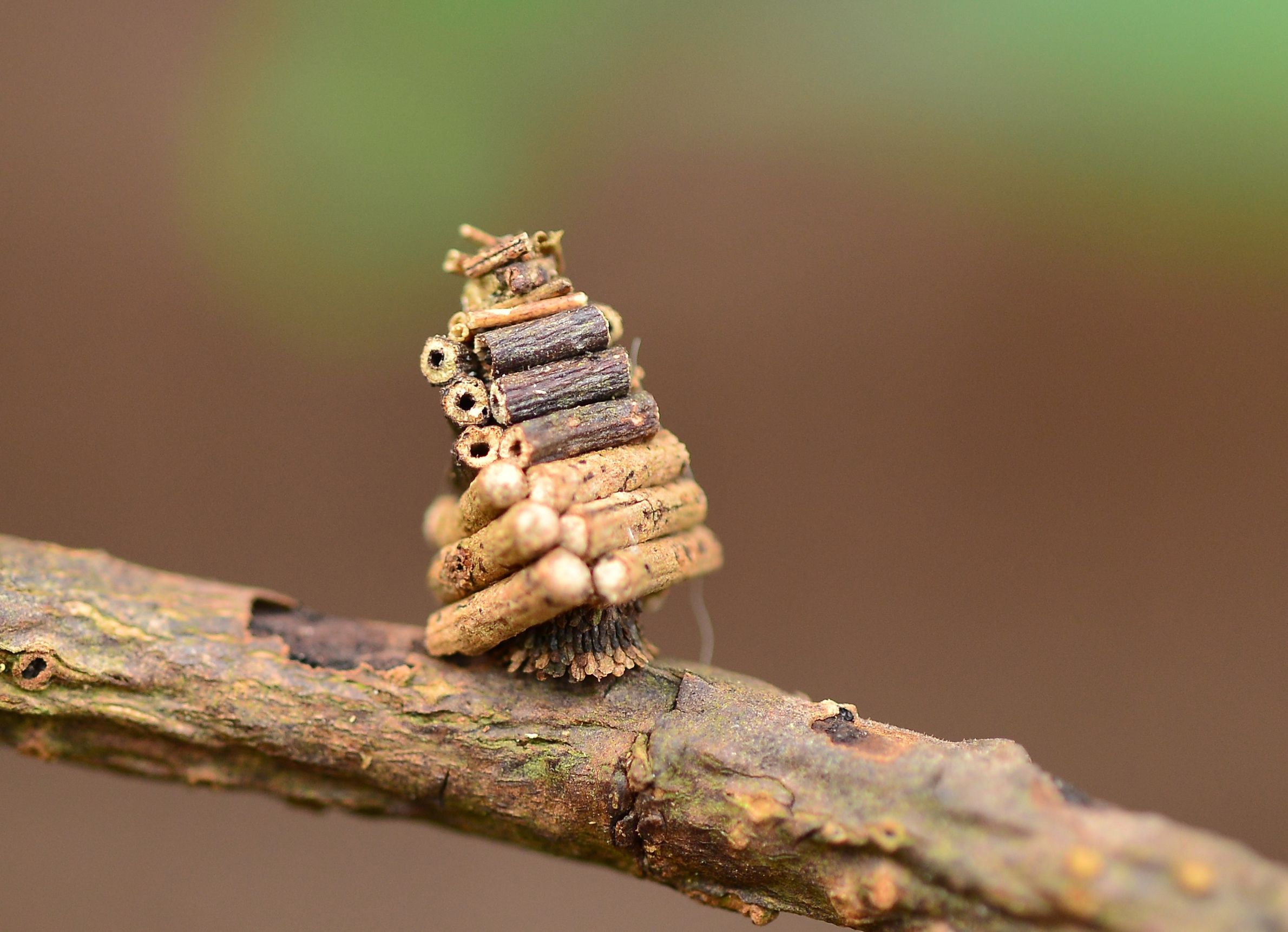Our Terms & Conditions | Our Privacy Policy
A Recently Discovered Organism Survives Without This Crucial “Organ” (& Scientists Can’t Explain It)
Think of cells as tiny cities (tinier than the smallest cities in the world), with different parts working together to keep everything running smoothly.
One of these parts – the mitochondria (which, fun fact, isn’t actually an organ but an organelle) – has always been considered the power plant of the cell, absolutely crucial for survival. Well, hold onto those biology textbooks because they’re about to need a major update: scientists have found an organism that lives without this crucial “organ”!
Now, this may not fit into the category of strangest animals ever discovered, but it’s still pretty weird. This microscopic rebel challenges everything known about cellular life. Breaking all the rules, this tiny troublemaker shows that life finds a way, even without what scientists thought was essential equipment.
Get ready for a wild ride through one of biology’s most mind-bending discoveries.

Related
Meet The Bizarre Insect That “Saws” Tiny Sticks & Builds Little Log Cabins To Live In
The world is full of amazing and strange insects, including this little creature that builds its own tiny log cabins.
Where Did This Strange Adaptation Come From?
Past discoveries set the stage for this groundbreaking find
Talk about thinking outside the box – or in this case, outside the cell! Scientists have discovered some pretty weird animal species, but this single-celled organism might be even odder than anything previously seen.
In 2024, scientists found something extraordinary lurking in saltwater lakes: Skoliomonas litria, a single-celled organism that completely ditched its cellular power plants. While other organisms have been caught skimping on their mitochondria before, this little maverick is the first free-living one to go completely mitochondria-free.
|
Scientific Name |
Skoliomonas litria |
|---|---|
|
Discovery Date |
2024 |
|
Typical Habitat |
Saltwater lakes & marine sediments |
Remember that one friend who always said they were different? Well, scientists have been hunting for cellular rebels like this for decades. Back in 2016, they found a gut-dwelling organism called Monocercomonoides that also lacked mitochondria, but it was living the cushy life as a parasite in a chinchilla’s gut.
Fast-forward to 2024, and Skoliomonas litria shows up to prove that even free-living organisms can ditch the cellular power plant and thrive in the wild. If this were a full animal, it’d be a shoo-in for one of the weirdest animal species discovered in 2024.

Related
Cardboard Humans Given To This Lonely Fish Are Boosting Its Mental Health
A lonely fish at an aquarium in Japan got a new lease on its mental health when cardboard humans were introduced to its daily routine.
Incredible Survival Strategies Of Our Cellular Maverick
Alternative energy systems keep this tiny rebel running
Some adaptations, like color-changing animals (besides the obvious chameleon), just change their behavioral habits, but this evolution is unique. Here’s where things get wild – this little organism isn’t just surviving, it’s thriving! While most cells use mitochondria as their power plants, Skoliomonas litria has developed its own unique way of generating energy.
Think of it as switching from a standard power grid to solar panels – different setup, same result! The really mind-blowing part? Scientists are still scratching their heads trying to figure out exactly how it produces ATP (cellular energy) without using oxygen, which is typically a crucial part of the process.
|
Breakthrough Science |
Cells can survive without mitochondria |
|---|---|
|
No Clues In DNA |
Skoliomonas litria has no way of producing mitochondria |
|
Going Back Generations |
This adaptation started hundreds of generations ago |
This Discovery Changes What We Know About The Requirements For Life
Modern science faces a cellular revolution
Just when biologists thought they had cells all figured out, along comes this game-changer! This discovery isn’t just about one quirky organism – it’s reshaping our entire understanding of what makes life possible. It’s like finding out someone built a car without an engine, and it still works perfectly. This breakthrough opens up exciting new possibilities about how life might adapt and evolve, especially in extreme environments where normal cellular machinery might not cut it.
|
Considered a Necessity |
Mitochondria were once considered necessary for life |
|---|---|
|
Once Their Own Organisms |
Scientists assume mitochondria were independent organisms once upon a time |
|
Reduced Functions |
Other related organisms have remant mictochondria-like organelles |

Related
The World’s Slowest Animal Isn’t Actually The Sloth (Or The Snail, For That Matter)
What’s the world’s slowest animal? Most would assume it’s the three-toed sloth, but the real answer may surprise many of you.
While Skoliomonas litria might be small, its impact on biology is enormous. Imagine a discovery changing how we see basic science? That’s exactly what this does. By surviving without what was thought to be essential cellular equipment, this organism reminds everyone that nature still has plenty of surprises up its sleeve.
As researchers continue unraveling this biological mystery, one thing’s clear – it’s time to rewrite those textbooks!
[ad_1]
Images are for reference only.Images and contents gathered automatic from google or 3rd party sources.All rights on the images and contents are with their legal original owners.
[ad_2]



Comments are closed.